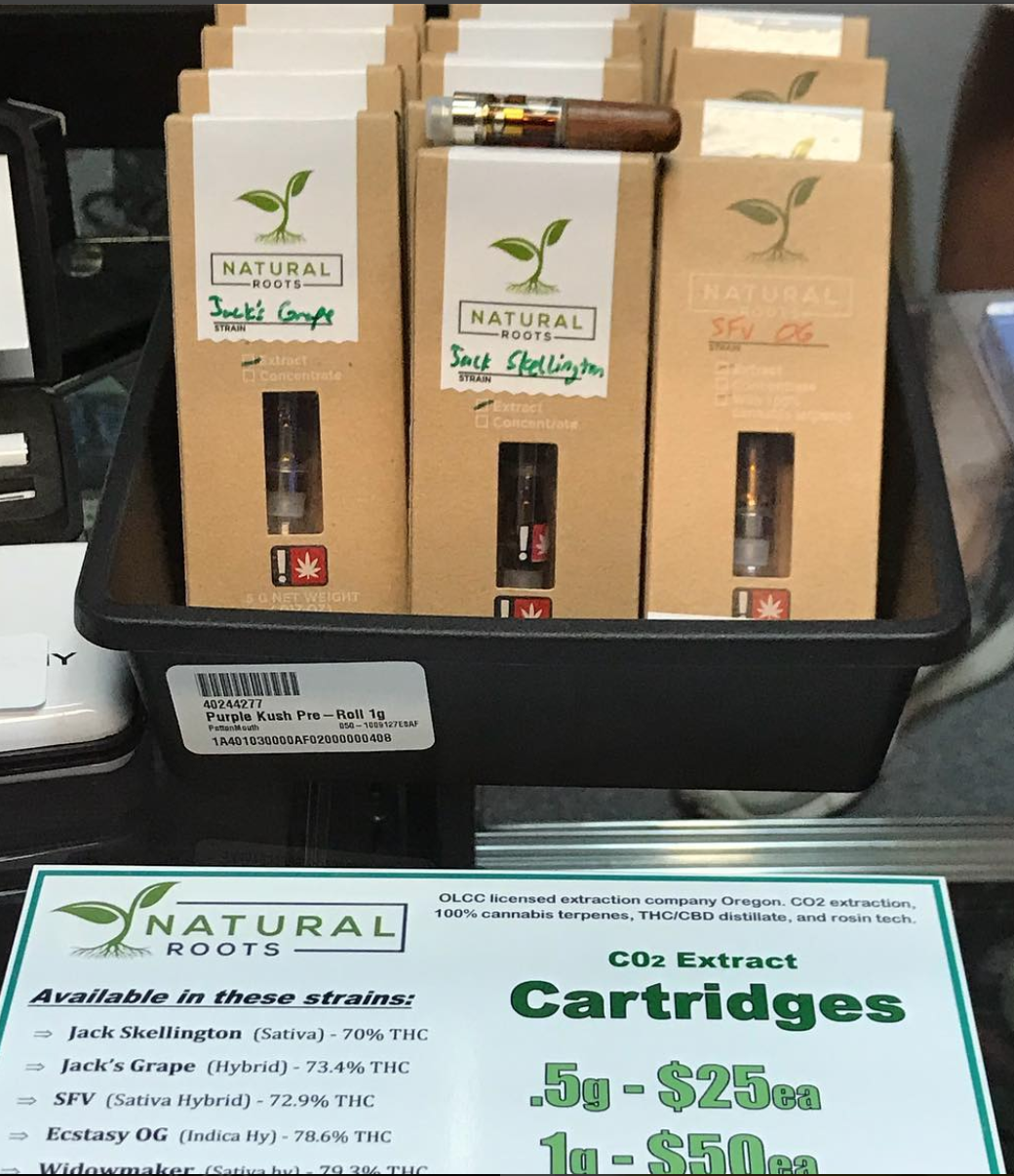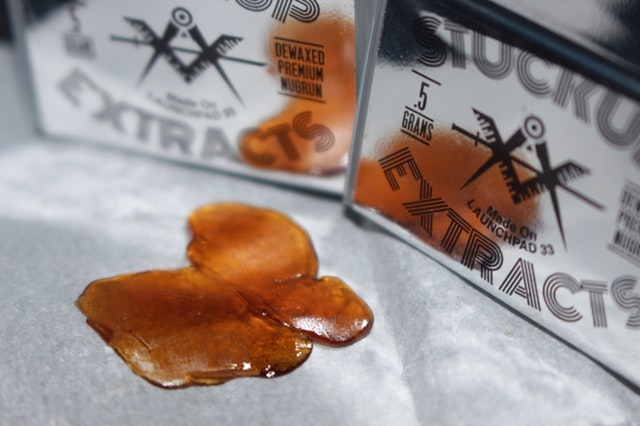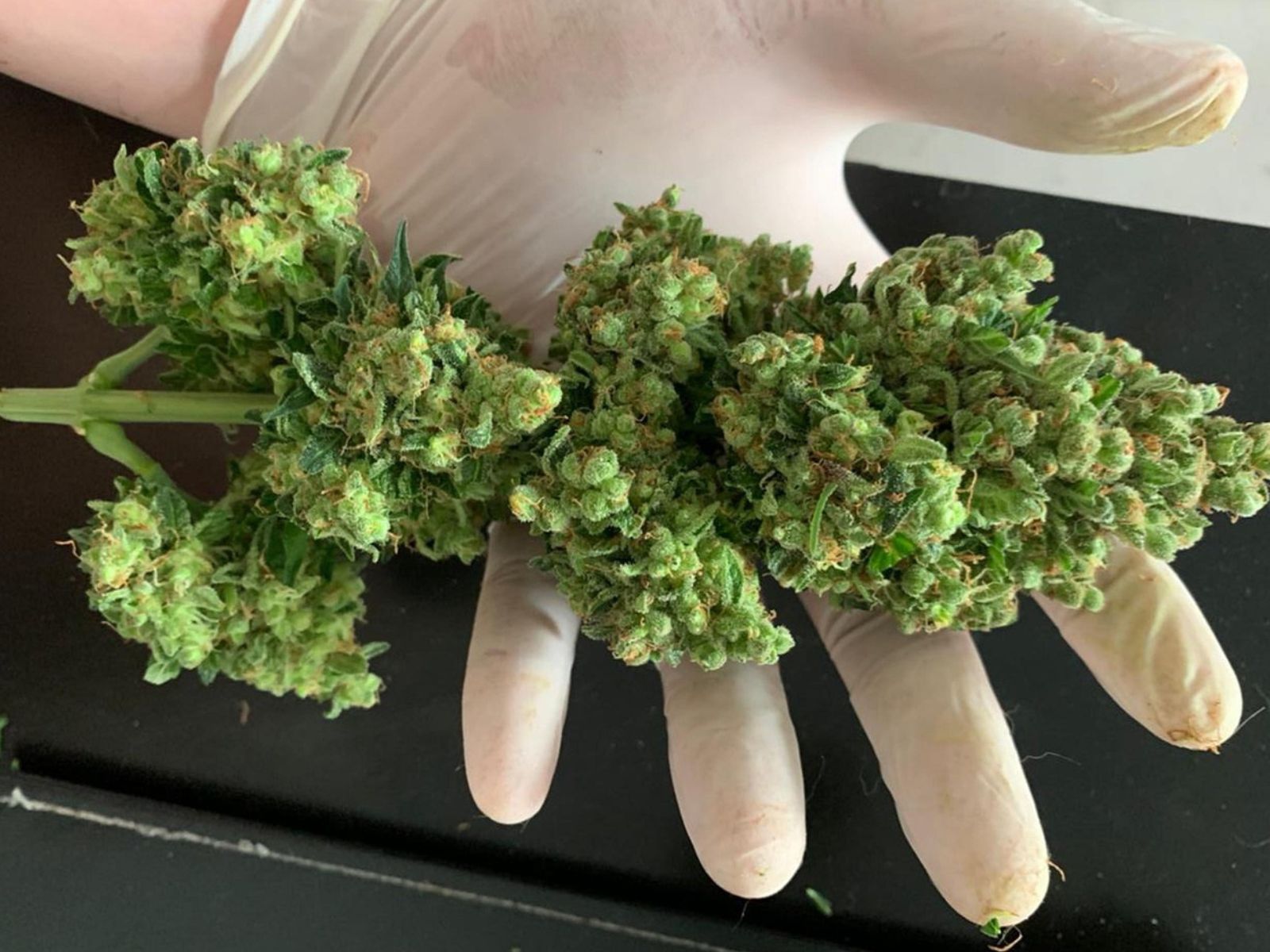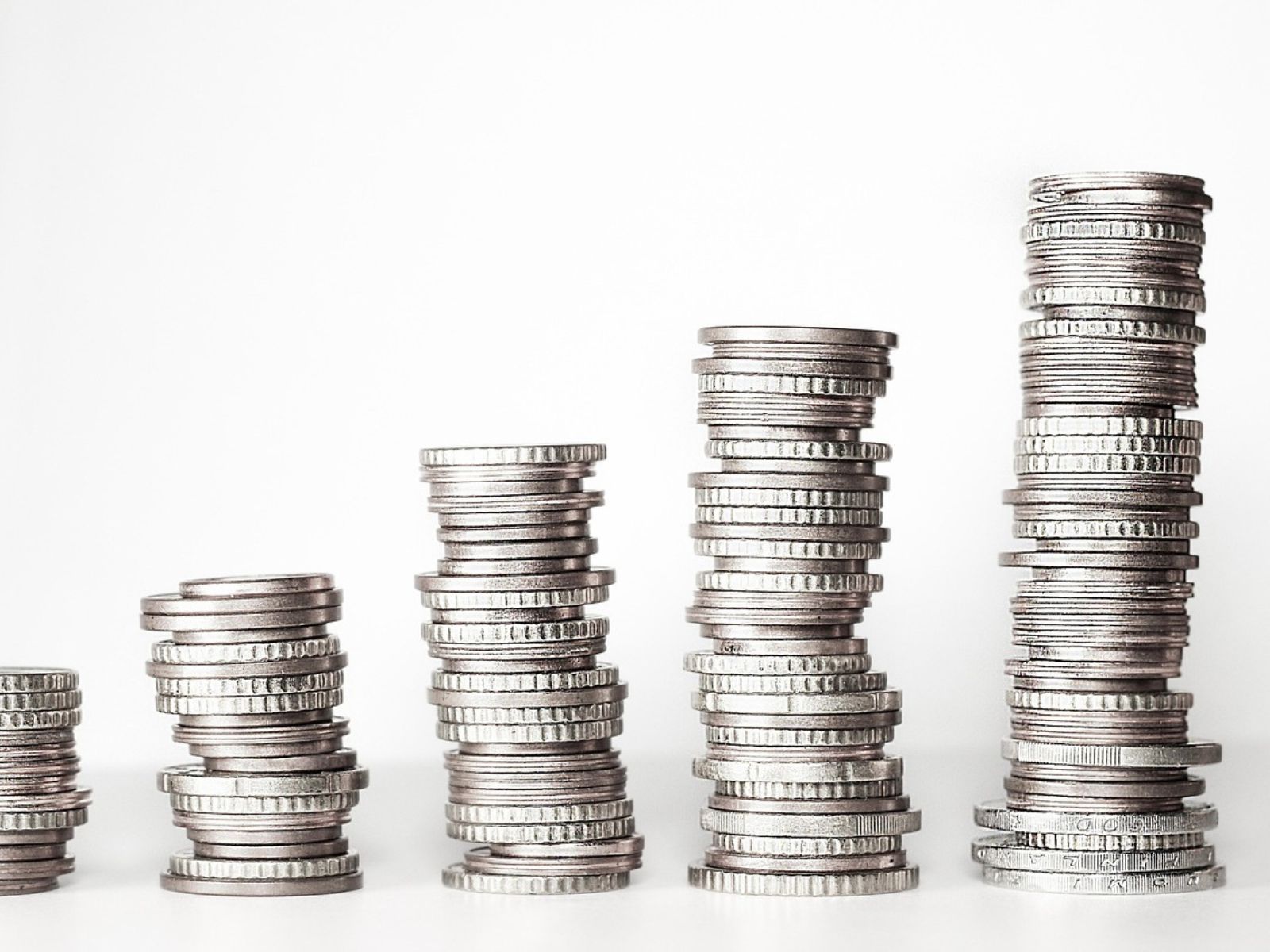
Cannabis Consumers Prefer Floral Cannabis Over Concentrates According To Survey

Cannabis Consumers Prefer Floral Cannabis Over Concentrates According To Survey
For many decades cannabis flower dominated the unregulated market. Cannabis concentrates, often referred to as ‘hash’, were a novelty. That’s not to say that cannabis concentrates weren’t popular among consumers, because they absolutely were. However, access to hash and other concentrates was very rare.
Zoom forward to today, and cannabis concentrates are far more common, especially in regulated states. Cannabis concentrates are readily available at almost all regulated dispensaries, including in vape pen cartridge form as well as various other forms of concentrates.
Many wondered if the increased availability of concentrates would create a situation in which sales of cannabis flower would significantly diminish. Many consumers feel that cannabis concentrates are a more convenient way to consume cannabis.
It appears that cannabis flower is still holding strong, and is still considered to be more desirable to many patients and consumers, per the results of a recent study. Below is more information about the study via a press release sent to us from our friends at NORML:
Nearly eight in ten cannabis consumers say that they prefer herbal cannabis over marijuana-infused concentrates, according to data published in the journal Drug and Alcohol Dependence. Concentrates typically possess significantly higher cannabinoid levels, in particular THC, than does herbal cannabis.
Researchers with Arizona State University surveyed 574 subjects with a history of consuming both herbal cannabis and marijuana concentrates. Seventy-eight percent of respondents selected herbal cannabis over concentrates as their “preferred type of cannabis.” Respondents said that the consumption of concentrates was more likely to result in unwanted effects, such as paranoia, memory disruption, and hangovers. Respondents also said that herbal cannabis was more effective at providing pain relief and that it was a better value for their money than concentrates.
Authors concluded: “Findings showing that marijuana produces greater positive effects than concentrates are consistent with cannabis administration studies documenting that moderate THC doses are preferred to high doses. … The present study suggests that, contrary to concerns, ultra-high THC cannabis, such as concentrates, might not produce greater positive, reinforcing effects relative to lower-THC cannabis, such as marijuana (flower).”
Commenting on the study’s findings, NORML Deputy Director Paul Armentano said: “The conclusion that most marijuana consumers prefer low-to-moderate potency options over high potency options is hardly surprising. Just as the majority of those who consume alcohol prefer relatively low potency beer or wine over hard liquor, most adult-use cannabis consumers gravitate toward herbal cannabis preparations and away from the comparatively stronger alternatives.”
Separate analyses of retail sales data, such as those here and here, report that consumers are far more likely to purchase herbal cannabis than any other type of cannabis preparation.
Full text of the study, “A within-person comparison of the subjective effects of higher vs. lower-potency cannabis,” appears in Drug and Alcohol Dependence.
###
NORML advocates for changes in public policy so that the responsible possession and use of marijuana by adults is no longer subject to criminal penalties. NORML further advocates for a regulated commercial cannabis market so that activities involving the for-profit production and retail sale of cannabis and cannabis products are safe, transparent, consumer-friendly, and are subject to state and/or local licensure. Finally, NORML advocates for additional changes in legal and regulatory policies so that those who use marijuana responsibly are no longer face either social stigma or workplace discrimination, and so that those with past criminal records for marijuana-related violations have the opportunity to have their records automatically expunged.
Find out more at norml.org and read our Fact Sheets on the most common misconceptions and myths regarding reform efforts around the country
Share article
Ticket Prices increase €200
On March 18th

Ticket Prices increase €200
On March 18th

Ticket Prices increase €200
On March 18th
Share article
Join Our Awesome Community
Join Our Awesome Community
Join Our Awesome
Community
Get all the latest industry news
delivered to your inbox





